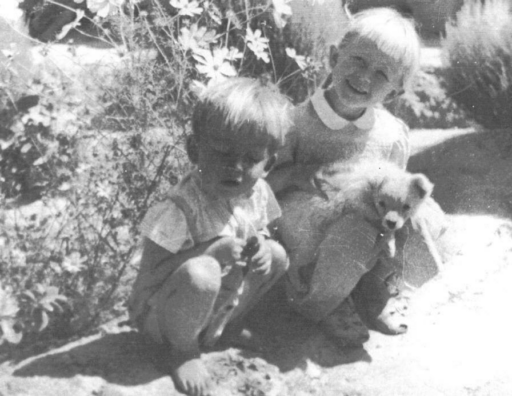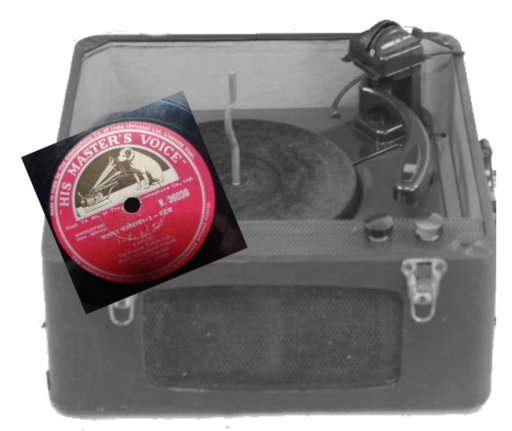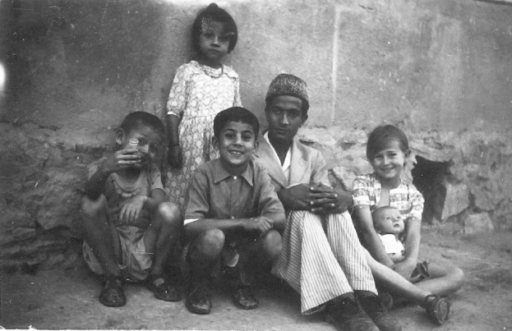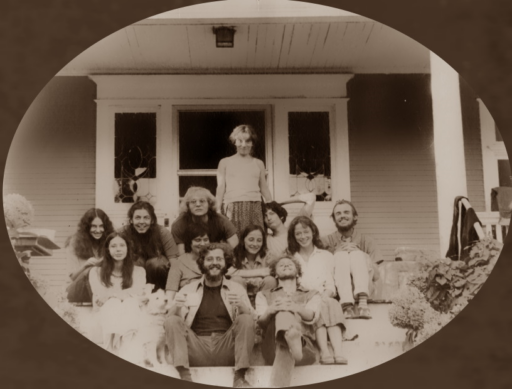Tamim Ansary
For five months now we’ve all been listening to chatter about the November election. Why did it come out the way it did? Why did Trump win? Why did the Democrats lose? How could this possibly have happened? David Brooks has a theory. Fareed Zakaria has a theory. Bernie Sanders has a theory. Tom Friedman has a theory. Pundits big and small have theories. I’m the smallest of pundits and everything that can be said about the election has been said, and yet…I kinda’ feel there’s still more to say.
I’m not saying all those pundits got it wrong. Not totally. They all have points. Brooks has said the demographic divide that matters in politics now isn’t economic, it’s cultural. He says it’s the divide between the college-educated and the high-school educated. Bernie Sanders begs to differ. He says the crucial divide is between the haves and the have-nots. People who follow his school of thought argue that college-educated vs. high-school-educated merely reflects the bigger and more important material fact: the college-educated have more money. They enjoy better health. They live longer lives than the folks who never went to college. People who subscribe to Sanders’ explanation keep pointing out that the top tax rate in this country used to be something like 90 percent. Now it’s down in the 30s somewhere.
All of which is true, but here’s one problem I have with that analysis: the have-nots voted for the guy who bragged about his golden toilet and was backed by the richest man on the planet. The have-nots voted with the billionaires. Say what?
Fareed Zakaria has offered a different slant on the cultural divide that Brooks calls out. Zakaria said the rift is really between those who work with symbols—lawyers, accountants, investment bankers, professors, and their ilk—versus those who work with material things, like carpenters, plumbers, bus drivers, factory workers, miners and so on. The symbol-workers have been doing just fine over the last several decades, Zakaria says. It’s the people working with real stuff who’ve been losing ground: increasingly they’ve been living from paycheck to paycheck, wracked by anxiety because they see technology wiping out all the jobs like theirs (if they’re still working) and all the kinds of jobs they could imagine doing in the future (if they lose the one they have).

True that; but here’s something I didn’t hear Zakaria mention. Whatever technology might have done to classic working-class jobs, it’s coming for the people who work with symbols now. Artificial Intelligence is laying waste to industries such as coding and human resources. Its wiping out jobs in fields like accounting, bookkeeping, medicine, even screen-writing, even therapy, for God’s sake! Yes, even therapy!
Here’s my thesis. When Americans went to the polls this year, they were choosing between two options:
- “Let’s keep going the way we’re going and just patch the things that aren’t working.” (Democrats)
- “Let’s tear the whole thing down and try something different, God only knows what.” (Republicans)
Before the election, pundits were saying the Democrats weren’t offering something people should vote for, they were staking all their hope on warning of something people should vote against. In the aftermath of election, it occurs to me that those pundits had it exactly backward. People who voted for Trump weren’t necessarily voting for Trump; they were voting against … well… people like me.
I can’t help but take that personally.
But that also suggests, at least to me, that people who voted for Trump weren’t necessarily voting for Trump. They wanted something different, and the only something-different on offer was the vicious nonsense Trump was peddling.
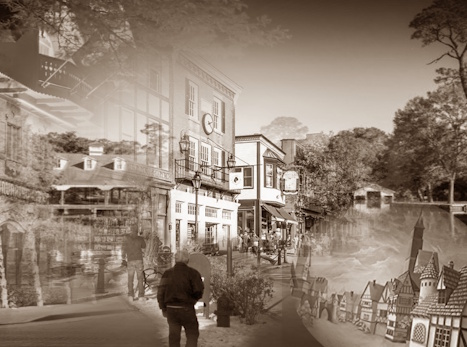
To my mind, the core issue of the age is the magnitude and pace of change. In a swiftly changing social landscape, people feel ever less at home. The alienation and anxiety generated by breakneck social change contributed to the atmosphere that gave us the election results of last November. Urban people who experience social complexity more routinely are less affected by breakneck social change: we urbanites know how to roll with such punches. We’ve been dealing with it all along. It’s more foreign to rural- and small-town-America. As a result, the rural and urban social worlds begin diverging until they’ve separated into two non-overlapping realities.
I am particularly sensitive to this phenomenon the way a person with hay fever is quick to sense pollen in the air because exactly the same gap opened up for exactly the same reasons in Afghanistan when I was growing up, and look what happened there. One consequence of rapid, accelerating, and wholesale change is a certain underlying fear it generates: it stokes the feeling that someday very soon, no place on Earth will feel like home. We’ll all, in a sense, be homeless.
The Democrats didn’t address that underlying fear. Neither did Trump, really, if we’re talking about offering any actual remedy or alternative. What he did do, however, was speak to—and stoke–the underlying, unspoken fear. In a social landscape permeated by this vague, unarticulated malaise, Trump said, “Strangers are coming. They call themselves immigrants. They’re turning your home into their home. They’re eating your cats and dogs. The Democrats are their advance guard. They’re pushing and kneading your life into strange new shapes. They’re staging drag shows for your children in kindergarten. They’re taxing you and using the money to give free sex change operations to immigrants who sneaked into this place you call your home illegally, and they’re in prison because they drugged you with addictive painkillers and raped your children.”
That scenario is factually false. It matches up to nothing in objective reality. What it does do is invoke the emotions that some people are really feeling: a sense of loss, of an accelerating strangeness about the world we’re living in, of the noticeably-rising brutality of that world. It speaks to a sense of impotence about coping with storms too huge to handle and a sense of helplessness about doing anything to stop the lights from going out…
We Democrats responded to Trump’s bizarre story by saying: “Where’s the proof? You can’t prove that! Where’s the evidence?” Trump and his cohort claimed to be making statements about objective reality, and we fell into his trap by treating his rants as if they were claims about objective reality. To people whose emotions were triggered by Trump’s rants, us saying “that’s not true! That’s not true!” was like us saying, “You don’t feel that way! You don’t feel that way! And if you do feel that way, it means you’re a bad person! If America doesn’t feel like home to you, it’s because there’s something wrong with you! If you weren’t broken, you could change into somebody we could accept as one-of-us.”
Somehow this response didn’t get people storming to the polls to vote for the Democrats.



